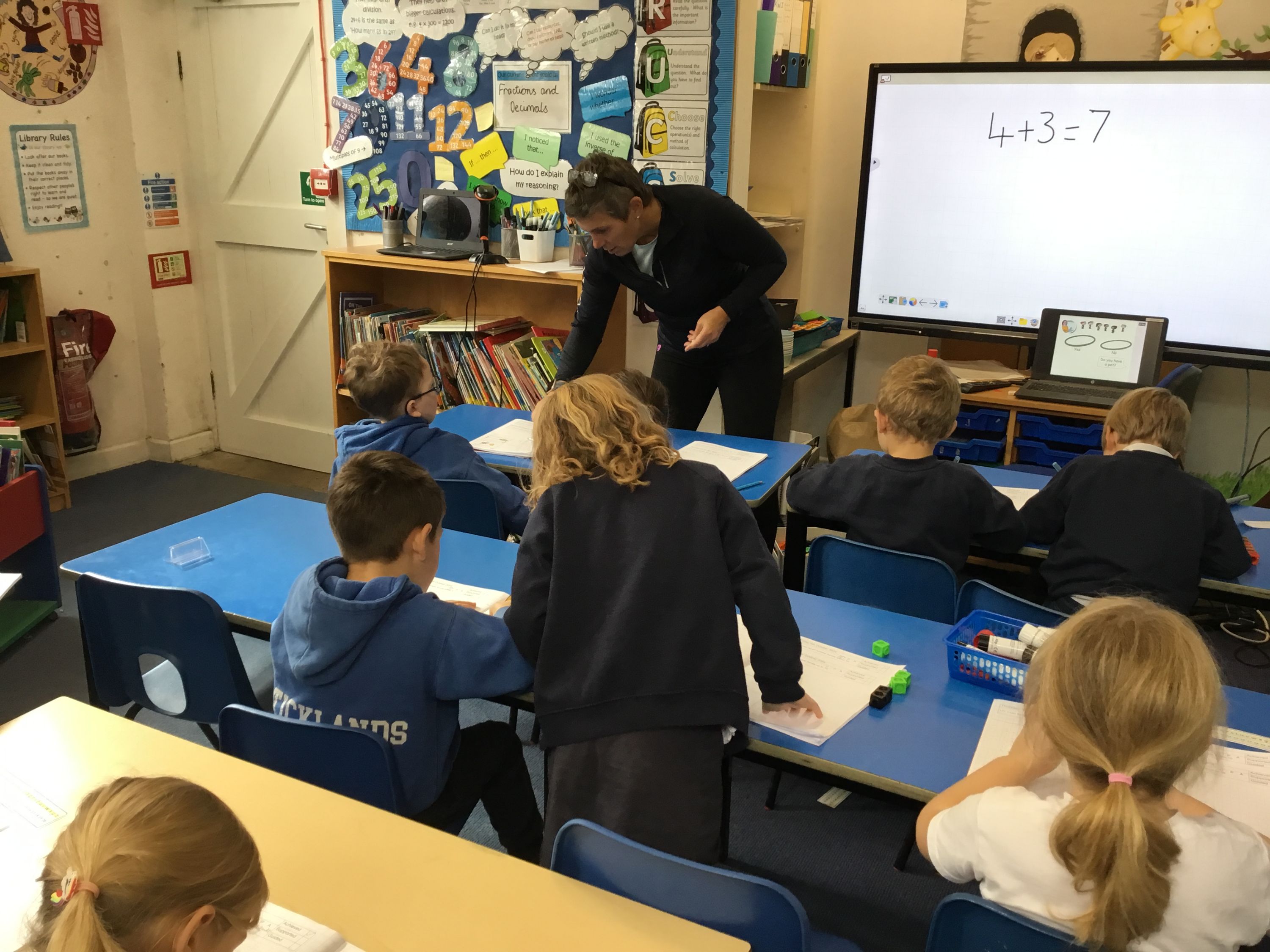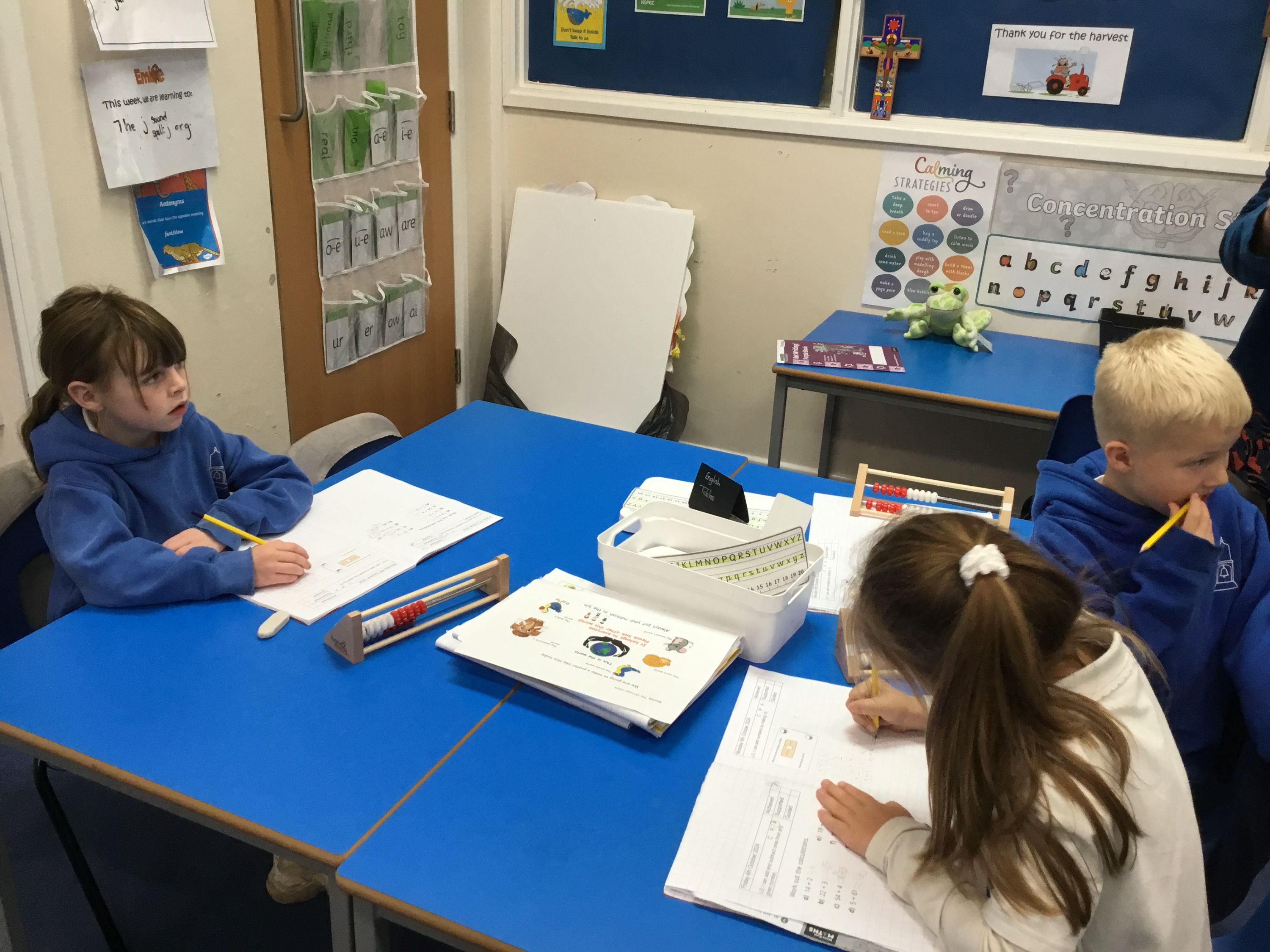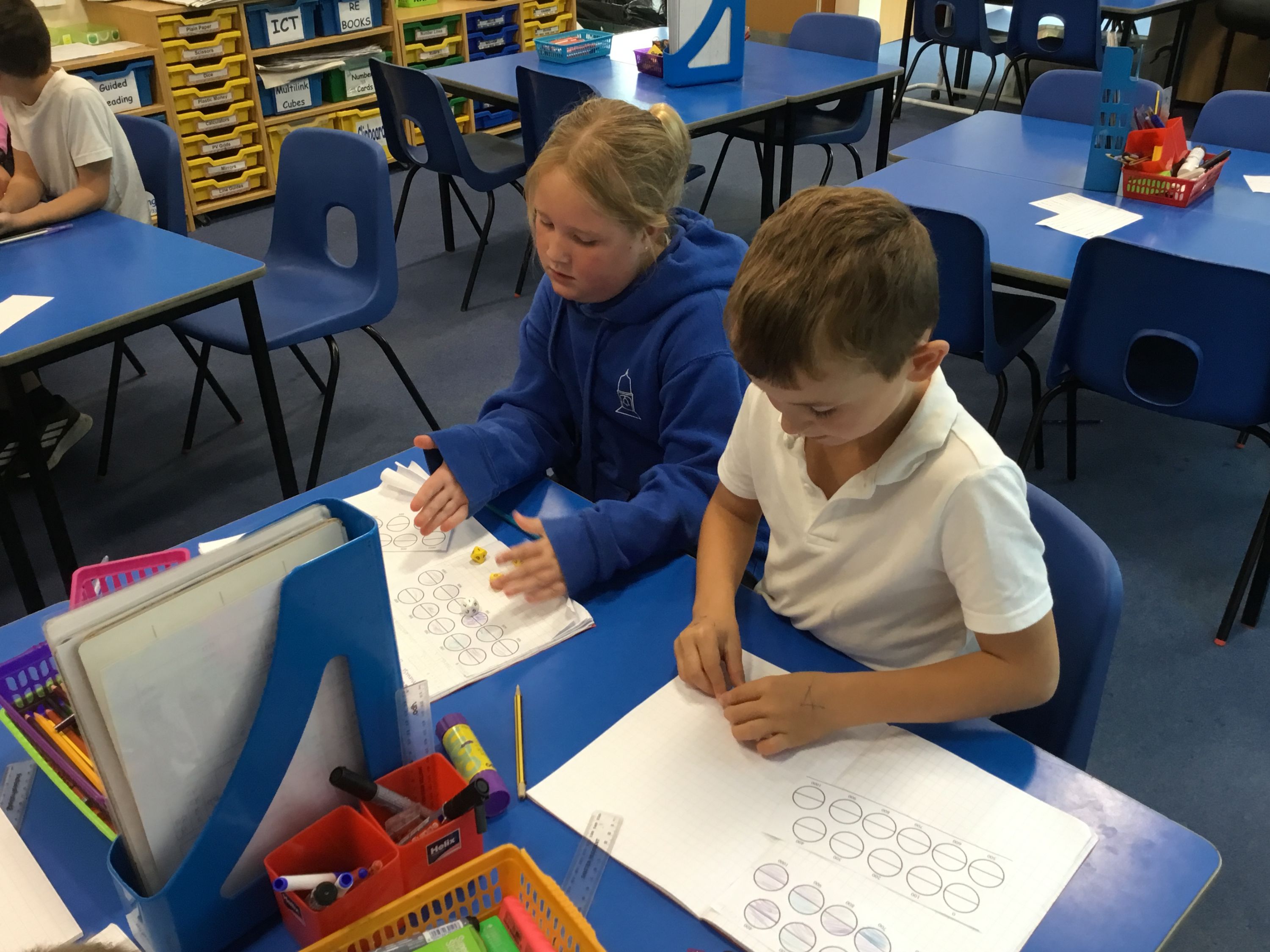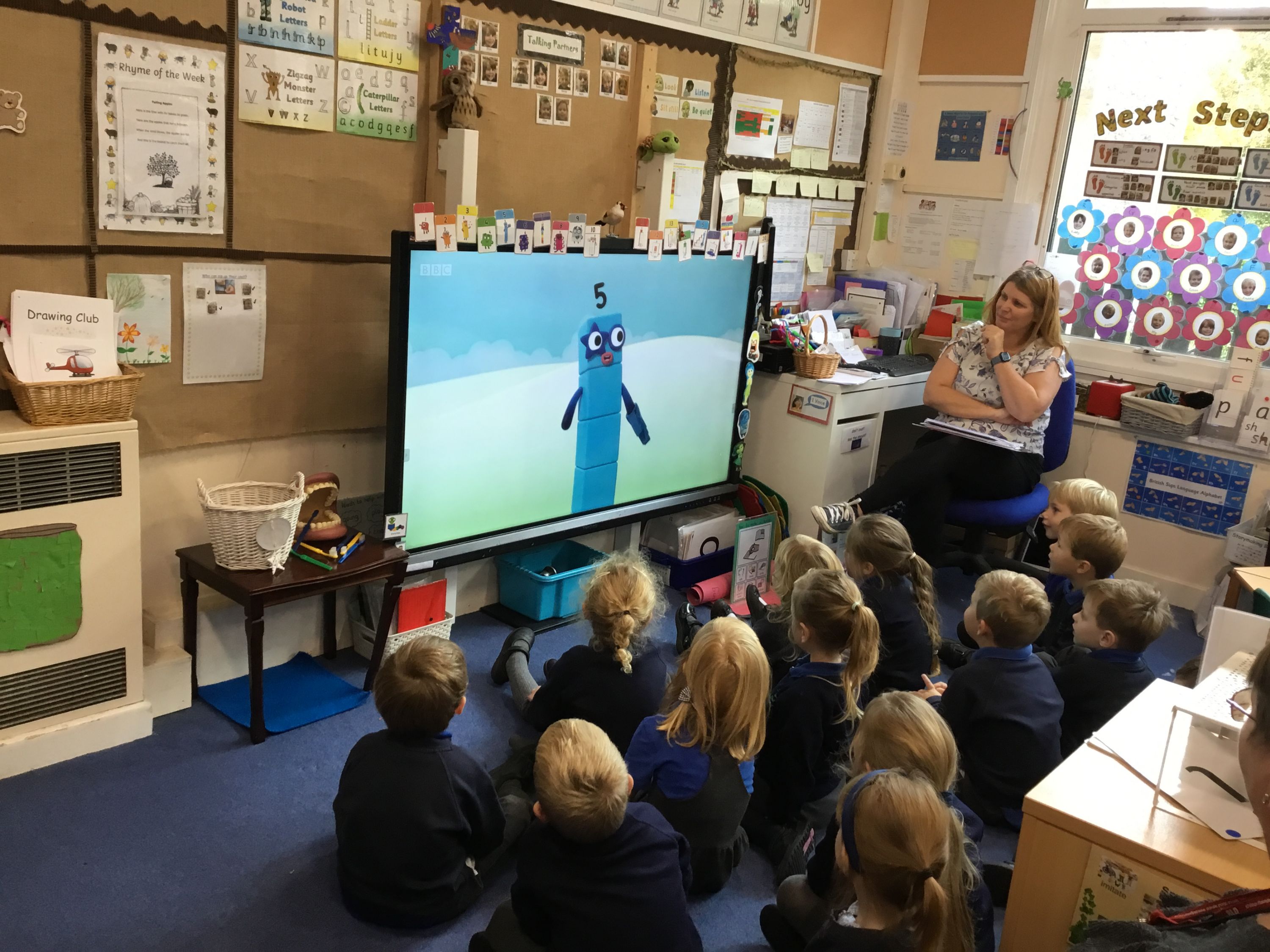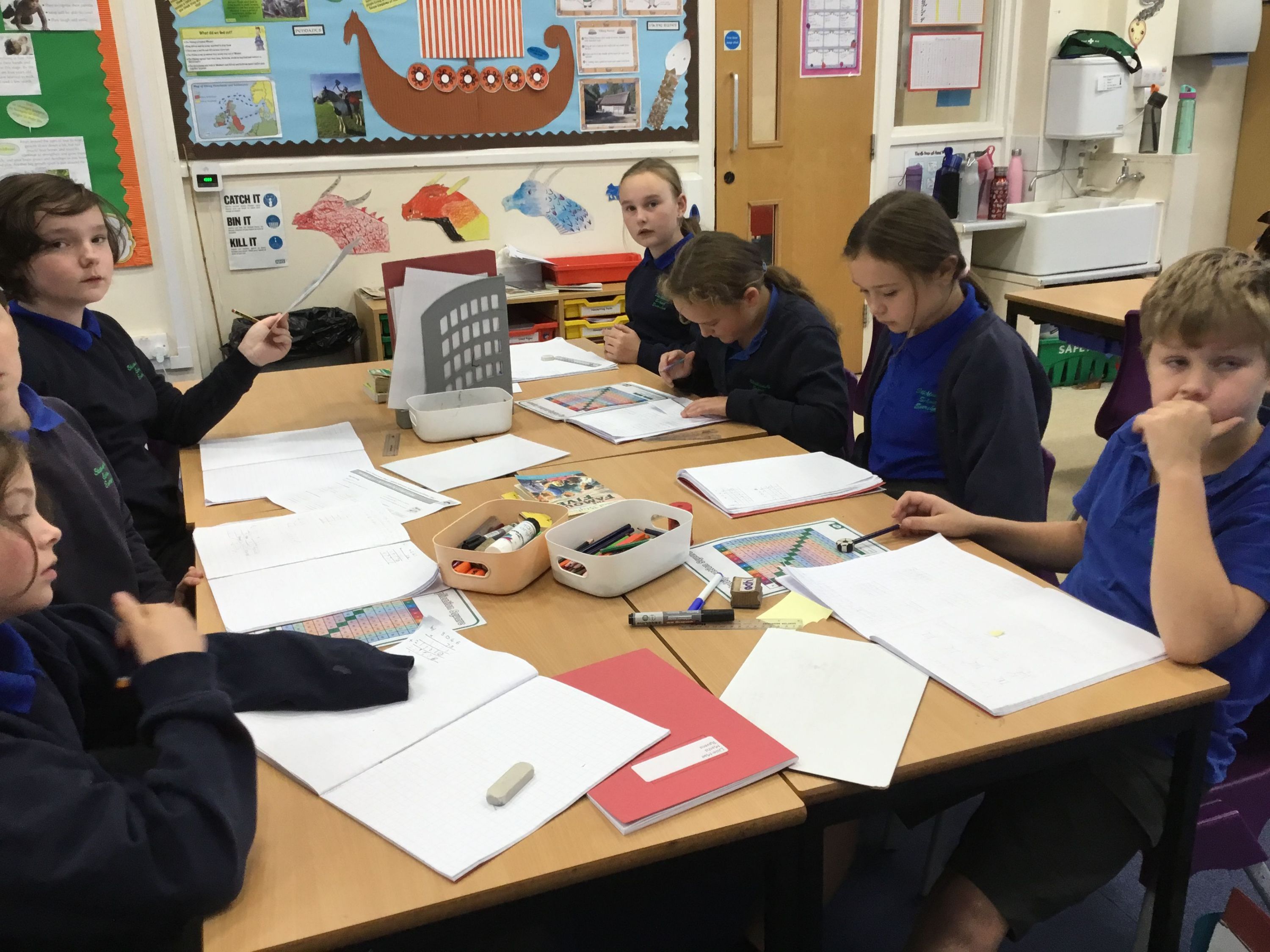Maths
Being a Mathematician
Intent
At Stickland’s, we believe that the skills of a Mathematician provide the foundations for pupils' achievement throughout the curriculum and all other areas of learning for now and the future. As mathematicians, we want our children to be able to calculate and solve problems fluently and importantly approach them with a growth mind-set. It is our intention to equip all children with a rich number sense and teach the key knowledge and skills necessary to be able to find solutions to mathematical problems. We aim to help children develop a range of strategies to help them become independent learners and confident in their own approach. We want children to develop skills for life, and to enjoy taking on mathematical challenges.
Implementation
- We follow the White Rose scheme of learning as a basis for our delivery of Maths lessons.
- Children receive a daily, hour-long Maths lesson.
- Pupils are regularly exposed to reasoning and problem-solving, and are taught the necessary skills and approaches to be able to take on these challenges, using their prior knowledge to support them.
- New skills are taught using a “Concrete, Pictorial and Abstract” approach. This enables children to approach their learning of new concepts in a hands-on manner.
- Children are encouraged to show curiosity when approaching problems and new mathematical concepts and vocabulary.
- Vulnerable groups and those requiring additional support are swiftly identified by class teachers. Necessary interventions are put in place to support these pupils with their development as mathematicians.
- Pupils in KS2 practise their times tables at least once a week, and every child has access to a variety of times tables resources to be able to practise at home.
- Homework is set regularly, using SplashLearn, to support both current and prior learning which helps pupils to secure their understanding.
- Learning walks, book looks and pupil interviews enable the subject leader to identify areas for development across the school.
- Regularly updated working walls in every class provide support for pupils who need it.
- Pupils have access to a range of resources in class that they are able to use to help them take ownership of their learning.
- The development of maths knowledge and skills is encouraged across the wider school curriculum, allowing children to further their understanding and use their skills in a wide variety of situations.
Impact
- The vast majority of our pupils enjoy maths and are exposed to a broad range of mathematical challenges.
- Our mathematicians are methodical, work systematically and use their skills that they have learnt to solve problems.
- Pupils have a good understanding of mathematical skills that they are able to apply to solving problems.
- Pupils have a good knowledge of which approaches may be best to use for different situations, always choosing and using the most efficient method of working.
- The majority of pupils will have a secure understanding of their times tables and related division facts when they leave school.
- Pupils will make good progress either in line with or above national expectations.
